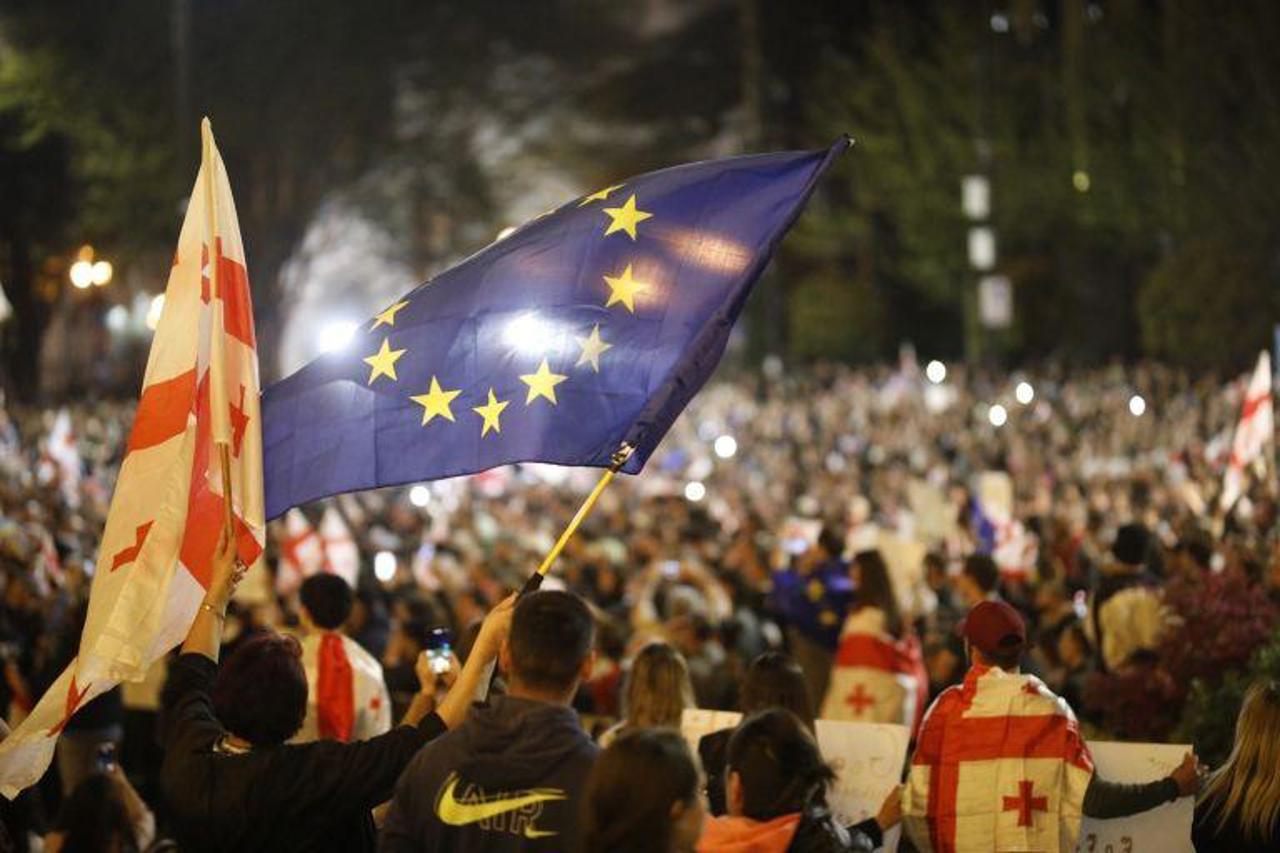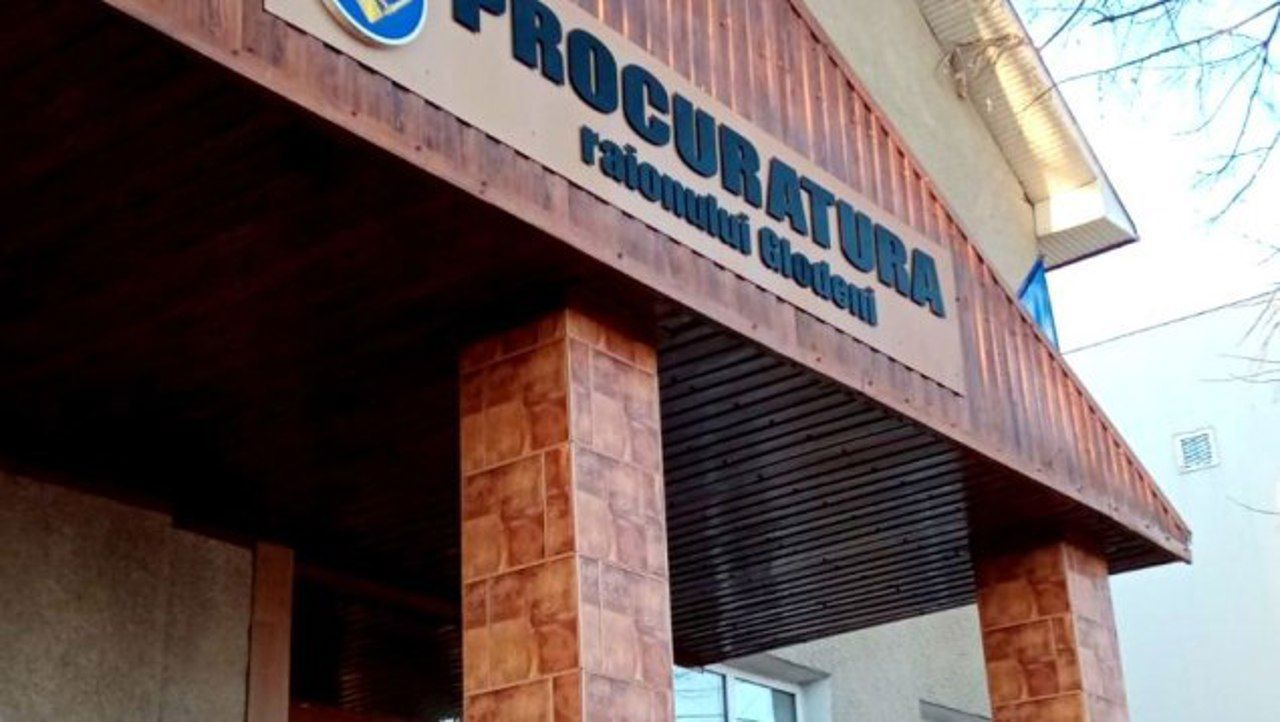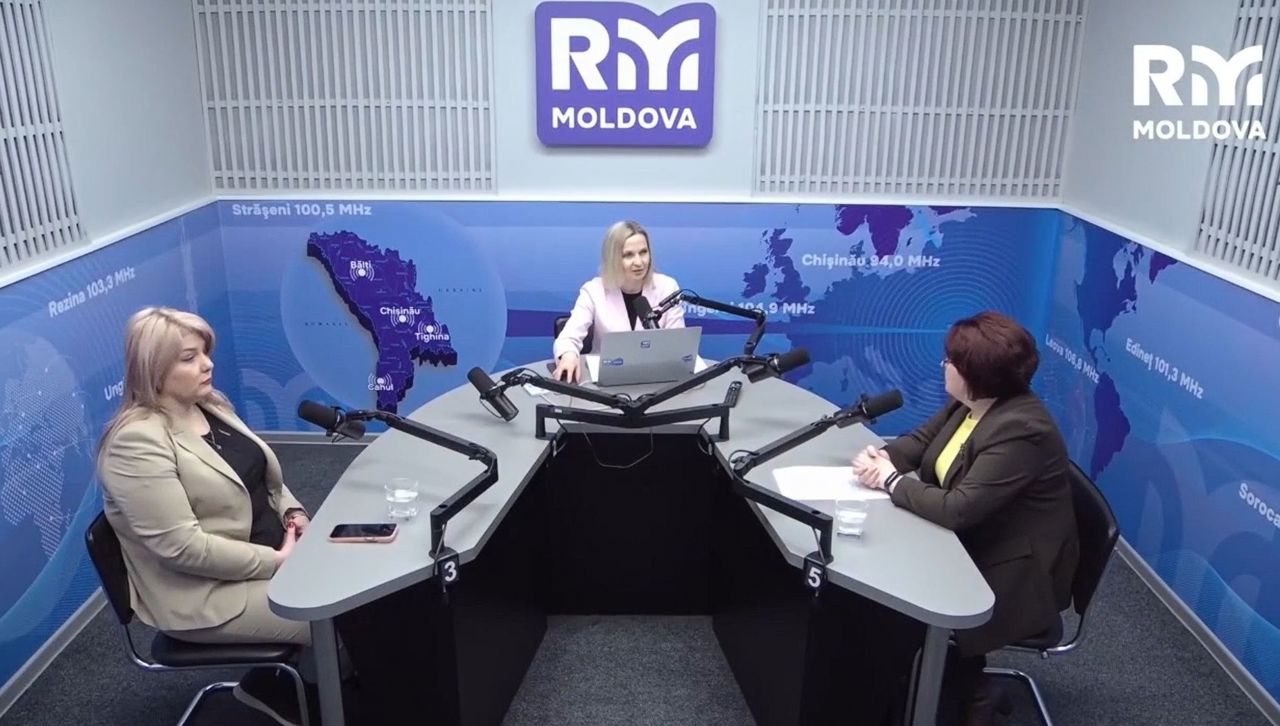Georgia: Protests Erupt Over 'Foreign Agents' Bill
In Tbilisi, riot police deployed crowd control measures against protesters gathered outside the Georgian parliament building.

The demonstrations, which have been ongoing, express opposition to the controversial "foreign agents" bill currently under consideration, according to BBC. Clashes erupted near the parliament's exit onto surrounding streets before the conclusion of the parliamentary session.
Organisers of the rally urged participants to confront members of parliament from the ruling Georgian Dream party as they left the building.
Meanwhile, a significant portion of the protest remained in front of the parliament building on Rustaveli Avenue late into the evening.
The Ministry of Internal Affairs (MIA) issued a statement justifying the use of pepper spray to quell what they described as "illegal actions" by some protesters.
Authorities allege that protesters hurled objects, including stones and bottles, at police officers, resulting in an injury to one officer and damage to a ministry vehicle.
As a consequence, the Ministry of Internal Affairs reported the detention of 11 individuals for minor offences. The previous day, authorities had detained 14 people.
"We reiterate our call to the organisers and participants of the rally to ensure that their protest remains peaceful and lawful," the Ministry of Internal Affairs declared in a statement. "Any unlawful conduct will be met with a proportionate legal response."
Video footage captured at the scene shows riot police shoving protesters with considerable force, and in some instances, using physical force directly against them.
Three journalists, representing the online publications Publika, Tabula, and Aprilee, reportedly sustained injuries at the hands of riot police.
Speaking to a reporter, one journalist recounted being insulted and then beaten by officers after he fell to the ground.
The proposed legislation would require non-governmental organisations and media outlets that receive more than 20% of their funding from foreign sources to register as foreign interest organisations.
Georgian Prime Minister Irakli Kobakhidze has argued that such legislation is necessary to ensure the financial transparency of grant recipients.
Critics of the bill warn that its passage would not only negatively impact the independent media and civil society, but would also pose a significant obstacle to Georgia's aspirations of joining the European Union.
Translation by Iurie Tataru





